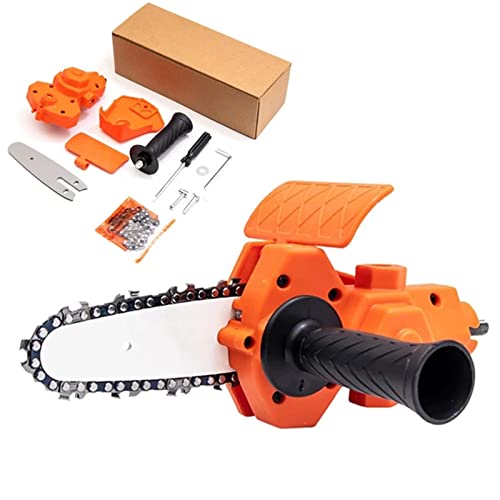That is what I believe is the case, only the very earliest of the Contras had the starter with the FM symbol, though all have Fairbanks morse starters.
Agreed. From what I understand (based on speaking with collectors and looking at photos) there seems to be some consistency with the cast FM symbol and the sand cast machines. I know there doesn't seem to be too many clear transition points with parts changes on the Contras, but it does seem to be that the cast FM symbol went away when they switched to die cast saws.
That one must be a very early one, or a special series, but definately not standard. No manual oiler, the muffler, the air filter cover and especially the Bing carburator make it a very special specimen. For sure a very collectable saw, wish it was mine . Congrats.
It is one of the early 1959 saws that were sand cast. All of the sand cast machines were without a manual oiler. From what I understand also, all sand cast machines were without an oil sight glass, and had this style of muffler and cover. Somebody else can chime in on this one, but I believe the sand casts may have come with both Bing and Tillotson carbs during their brief run?
There are all sorts of legends regarding prototype and one-off Contra's, which have been most likely started by Stihl's habit of mix matching leftover parts when they switched to different suppliers/designs and the saws themselves having been rebuilt/repaired multiple times with whatever spares were available. For example Fairbanks-Morse recoil starters were irregularly used until 1962 or 1963, most likely until either the stocks they had available ran out or the original supply contract was over.
My take on that saw is that it's basically a very early one (1959-1960) which was rebuilt at some point during the past 50+ years using factory-supplied (NOS?) parts when it suffered some sort of serious failure resulting in the need for a new crankcase. Magnesium rot due to idling too long and too often on a concrete floor is a distinct possibility. In the days of cheaper labor than we have today big repairs were rather common.
It's obviously possible the clutch cover was replaced at a later date. The Bing carburetor on that saw is worth big money.
Stihl has never been exactly forthcoming with detailed information regarding the Contra family and the 070/090. A big part of the reason is probably due to the spottiness of production records kept in the 50's and 60's. Another part of the reason is the desire to avoid unwanted publicity to the association of these saws with the logging industry, a very touchy subject in Europe in the 70's and 80's.
I'm fairly certain whether this is a factory built saw or made from parts, the body parts would have to have been manufactured in 1959 as from what I understand sand casting of the exterior parts ceased before the end of 1959. I understand the switch from sand cast to die cast was due (at least in some part) to common catastrophic failures and the need for stronger structural parts. That would definitely be one possible explanation for the need to replace the case halves and clutch cover on this one.
Would be interesting to know if there were factory replacement sandcast crankcases made that ended up without serial numbers. The one you have is definitely a sandcast made prior to any sort of production starting.
Very good question that I wonder about myself. One would assume that they would have produced parts available as replacements (which would not have serial numbers), but the run was so short on the sand casts that it's still a little crazy to think about this saw being assembled, making it to north America, getting to a user, used and severely damaged, and spare parts being obtained all in a fairly short period of time. Not unreasonable at all, but still crazy to think about!
Another thing that I notice on this saw is the air filter housing is cast by Mahle.....First one I've seen.
I have four other Contras with the early one-sided air filter housings and two of them are marked Mahle like the one on my sand cast. Good eye! I never really paid attention before that some had Mahle cast into them and some didn't!































































